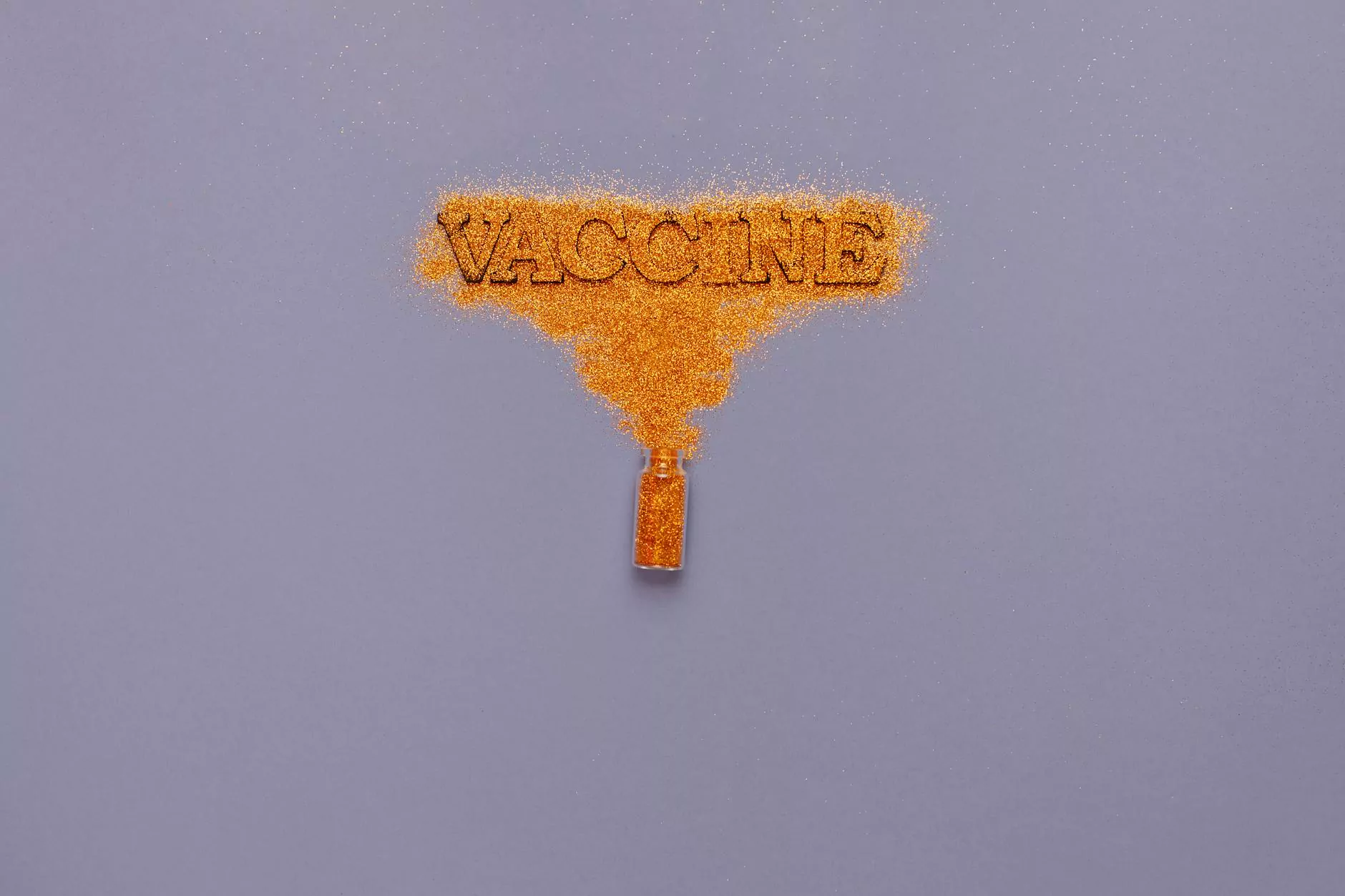The Ultimate Guide to Injection for Horses

In the world of pet care, particularly in the pharmacy category related to veterinary science, understanding the intricacies of horse injections can make a significant difference in the health and performance of your beloved racehorse. In this comprehensive article, we will delve into the various aspects of injection horse treatments, discussing their benefits, types, and best practices for ensuring your horse's well-being.
1. Understanding Injection in Horses
Injection therapy is a crucial component of veterinary medicine for horses. It plays a vital role in managing health conditions, enhancing performance, and ensuring overall well-being. Typically, injections can be categorized into three primary types:
- Intravenous (IV) Injections: Delivered directly into the bloodstream, these injections offer rapid effects.
- Intramuscular (IM) Injections: Administered into the muscle, IM injections are commonly used for vaccines and medications.
- Subcutaneous (SQ) Injections: Given just beneath the skin, these injections are less invasive and often utilized for certain medications.
2. The Importance of Proper Administration
Administering injections correctly is essential to ensure the effectiveness of the treatment and minimize any discomfort to the horse. Consider the following guidelines to improve your injection technique:
- Choose the Right Location: Selecting the appropriate injection site (like the neck or thigh) reduces the risk of complications.
- Use Proper Equipment: Ensure you are using sterile needles and syringes to prevent infections.
- Administer with Care: Maintain a steady hand and be mindful of the horse’s comfort throughout the process.
- Follow Recommended Dosage: Accurate dosing is crucial for optimal treatment outcomes.
- Monitor the Horse Post-Injection: Keep an eye on the horse for any adverse reactions.
3. Types of Injections Commonly Administered to Horses
Understanding the types of injections your horse may need is essential. Here are some commonly administered injections:
3.1 Vaccinations
Vaccinations are critical for preventing infectious diseases in horses. Common vaccinations include:
- West Nile Virus
- Tetanus
- Equine Influenza
- Strangles
3.2 Medications and Treatments
Various medications may be administered through injections to treat specific conditions, such as:
- Antibiotics for infections
- Anti-inflammatory drugs for pain relief
- Hormonally active substances for reproductive health
3.3 Performance Enhancers
Professional racehorses often receive injections for performance enhancement, including:
- Joint supplements containing hyaluronic acid
- Vitamin and mineral injections for nutritional support
- Stimulants (with careful monitoring and adherence to regulations)
4. Benefits of Injections for Horse Health
Administering injections presents various advantages that contribute to the overall health of your horse:
- Rapid Response: Injections provide quick relief from symptoms and help in faster recovery.
- Targeted Treatment: Injections can deliver drugs straight to the site of action, increasing effectiveness.
- Controlled Dosage: Vets can precisely control the dosages, ensuring the horse receives the right amount of medication.
- Reduction of Invasive Procedures: In many cases, injections can replace more invasive surgical interventions.
5. Best Practices for Injection Administration
Proper injection techniques are critical not just for the success of treatment but also for the comfort and safety of the horse. Here are several best practices to keep in mind:
5.1 Maintain Sterility
Using sterile equipment is vital to prevent infections. Wash your hands thoroughly and ensure that the injection site is clean.
5.2 Always Use Proper Restraint
Horses can be unpredictable, particularly if they feel pain. It is essential to restrain the horse properly during the injection process to prevent injury to both the horse and the person administering the injection.
5.3 Educate Yourself on Horse Anatomy
Understanding equine anatomy can help you to choose the correct injection site and avoid hitting nerves or blood vessels.
5.4 Follow Veterinary Guidance
Always consult with a veterinarian before administering injections. They can provide specific instructions tailored to your horse's needs.
6. Continuing Education and Resources
Staying informed about the latest developments in equine health care, especially regarding injection horse procedures, can significantly enhance your horse’s quality of life. Resources for continuing education include:
- Veterinary Clinics: Regular consultations with a vet can provide personalized advice.
- Online Courses: Explore reputable online courses offering information on equine care.
- Horse Health Magazines: Subscribing to publications focused on equine health can keep you updated on best practices and innovations.
7. Conclusion
In summary, understanding the intricacies of injection horse therapies can lead to healthier horses and more successful outcomes for pet owners and professionals alike. By adhering to best practices and staying educated, you ensure that your racehorse receives the highest quality of care possible. Remember, when it comes to the health of your equine friend, knowledge is your greatest asset. Always consult with veterinary professionals to make informed decisions regarding injections and other treatments.
For more information on equine medical care, visit racehorsemedcare.com and explore the wide range of resources available for your pet's health needs.









